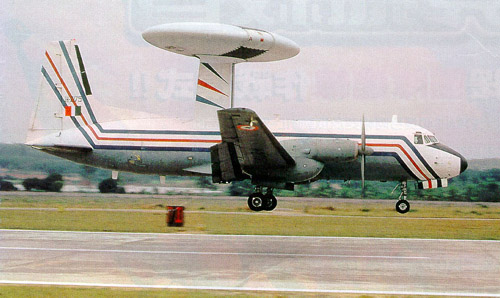shiv wrote:Fact. Those 22 aircraft will not need air refuelling for 99% of their airframe lives in their service in India. While our existing fighters - 280 odd Su-30s, 40 odd Mirages right now can do with refuelling and projected, already ordered numbers of Tejas will need that more than ever. I a
A fighter will not need aerial refueling for 99% of its flight time, so one could argue that the idea of AAR itself superfluous. Right upto the point where a (statistically improbable) war begins. Or an overseas Op Khukri type contingency comes up. Meanwhile, the boom-equipped refuelers remains quite capable of refuelling the 280 odd Su-30s, 40 odd Mirages & already ordered Tejas.
I do not mean this personally about you, but this actually is the language used by salespeople. Predict the future where it suits them. Numbers of Tejas will grow. What else will grow we don't know.
If you buy an aircraft for the next 40 years, its hardly wise to limit its capabilities to what was required 10 years ago.
Also, that the IAF & IN's fleets will continue to grow is pretty much a given. The plans for the AWACS & further P-8s are known. As the fighter fleet grows (55 squadron objective), the need for force multipliers will also grow proportionately.
The aircraft and its sellers will not be hampered one bit. We are going to pay the price for lugging around and maintaining several 100 kgs of unnecessary weight for 99.99% of ops. On civilian aircraft every kg costs Rs 250 now. Multiply that by 500 for every flight of a refueller with a useless boom - 1.25 lakhs per flight.
Yeah it doesn't work like that. The marginal cost of lugging baggage around isn't what they're charging you for at the check-in counter. If it were they'd be charging a 90 kg passenger, Rs 10,000 over what they charge a traveller weighing only 50 kgs.
In fact, using the same <weight ∝ induced drag ∝ operating cost> logic one can say that since a KC-46 at 50% fuel weighs 130,630 kg, losing 500 kg would improve the fuel burn by 0.38%. That's about $40 per hour, (generously) assuming $10,000/hr in fuel expenses.





